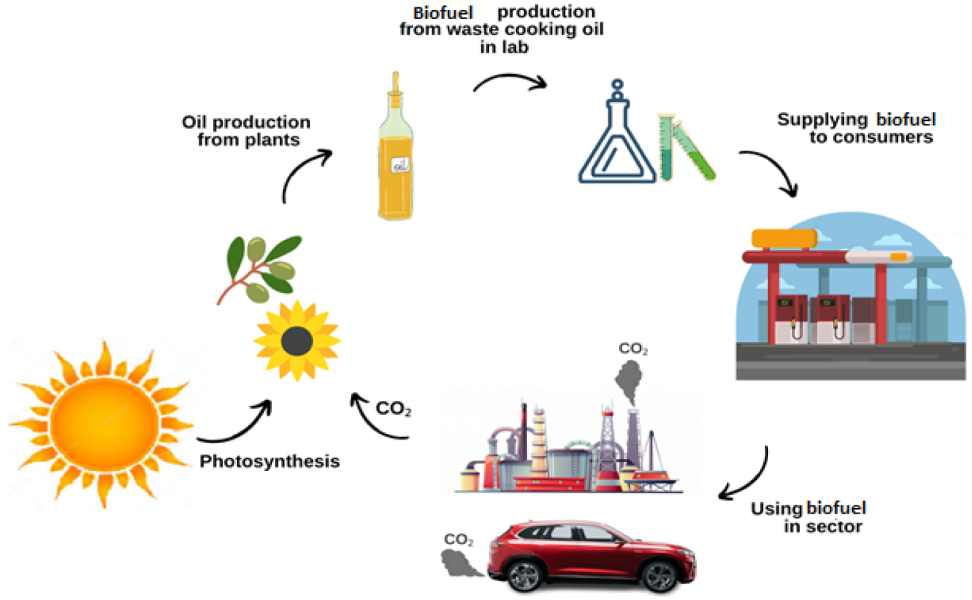Lotus299, Goldenexch, Msdexch: Biomass and biofuels have seen significant advancements in recent years, with researchers focusing on developing more sustainable and efficient practices. One key innovation is the use of algae as a feedstock for biofuel production. Algae have the potential to produce high yields of oil, making them a promising option for renewable energy sources.
Another important development is the utilization of waste materials, such as agricultural residues and forestry byproducts, for biomass conversion. By repurposing these materials, researchers are able to reduce waste and create value-added products. These innovations are crucial in moving towards a greener and more sustainable future for the biofuel industry.
Advancements in Biofuel Production Technology
One significant advancement in biofuel production technology is the development of more efficient fermentation processes. By optimizing fermentation conditions such as temperature, pH levels, and nutrient availability, researchers have been able to increase the yield of biofuels from various sources of biomass. This improved efficiency not only enhances the overall productivity of biofuel production but also reduces the costs associated with the process.
Another key innovation in biofuel production technology is the utilization of genetically modified microorganisms to enhance biofuel production. By genetically engineering microorganisms to produce higher quantities of biofuel precursors or to break down biomass more effectively, researchers have been able to significantly increase the efficiency of biofuel production processes. These bioengineered microorganisms offer a sustainable and cost-effective solution for producing biofuels on a large scale while minimizing environmental impact.
Emerging Biomass Conversion Processes
Aldoexch, Aaonline777, Aaonline247: One of the promising developments in the realm of biomass conversion processes is the integration of advanced thermochemical technologies. These processes involve the use of heat to convert biomass feedstock into valuable biofuels like bio-oil, syngas, and biochar. Through methods such as pyrolysis, gasification, and hydrothermal carbonization, researchers are exploring innovative ways to efficiently break down biomass and extract energy-rich products.
In addition to thermochemical approaches, emerging biotechnological conversion processes are also gaining traction in the bioenergy sector. With advancements in enzymatic and microbial technologies, it is now possible to efficiently break down complex biomass structures into simpler sugars and other valuable intermediates. These biological processes offer a sustainable and environmentally-friendly alternative to traditional methods, paving the way for the development of biofuels from a wide range of feedstocks, including agricultural residues, algae, and lignocellulosic materials.
What are some key innovations in biomass and biofuels?
Some key innovations in biomass and biofuels include advancements in biofuel production technology, emerging biomass conversion processes, and the development of more efficient ways to convert biomass into biofuels.
How has biofuel production technology advanced in recent years?
Biofuel production technology has advanced in recent years with the development of more efficient processes for converting biomass into biofuels, such as using enzymes to break down biomass into sugars for fermentation.
What are some emerging biomass conversion processes?
Some emerging biomass conversion processes include pyrolysis, gasification, and hydrothermal processing, which are all innovative ways to convert biomass into biofuels and other valuable products.
How do these advancements in biomass conversion benefit the environment?
These advancements in biomass conversion benefit the environment by reducing greenhouse gas emissions, decreasing reliance on fossil fuels, and promoting sustainable practices for producing biofuels.
What are some challenges facing the implementation of these new biomass conversion processes?
Some challenges facing the implementation of these new biomass conversion processes include scaling up production to commercial levels, ensuring consistent feedstock supply, and addressing potential environmental impacts of biomass processing.
Also Read:-
- Drake Net Worth, Lifestyle, Height, Career
- What Are The Best Yeezy Slides To Buy For Casual Wear?
- Is Soundtrap By Spotify A Good Music Production Tool For Beginners?
Feature image source:- https://tinyurl.com/usube5fh

